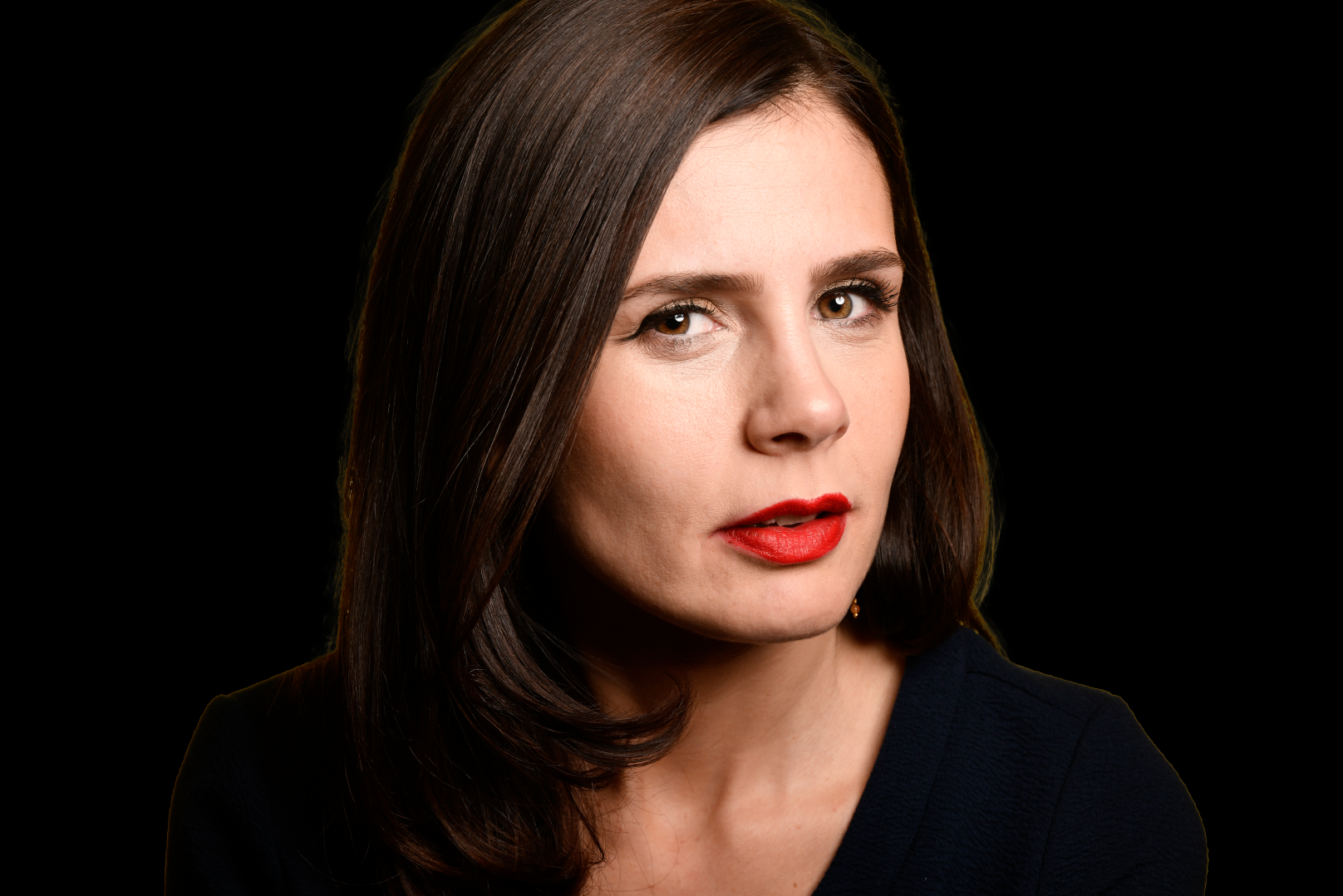
Let there be music
Kosovar artists discuss all things music on World Music Day.
|21.06.2016
|

Dafina Halili
Dafina Halili is a senior journalist at K2.0, covering mainly human rights and social justice issues. Dafina has a master’s degree in diversity and the media from the University of Westminster in London, U.K..
This story was originally written in English.